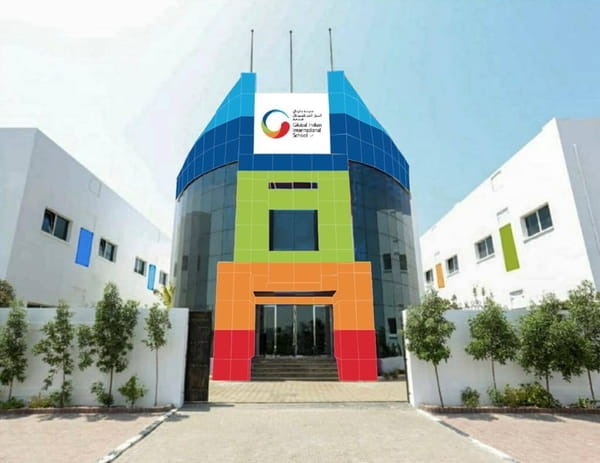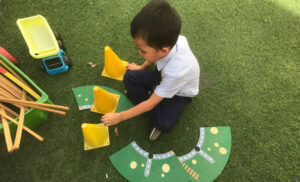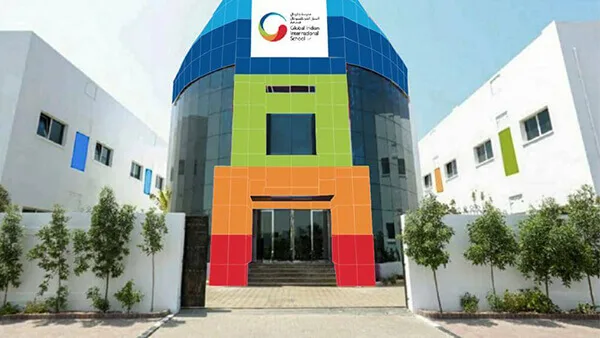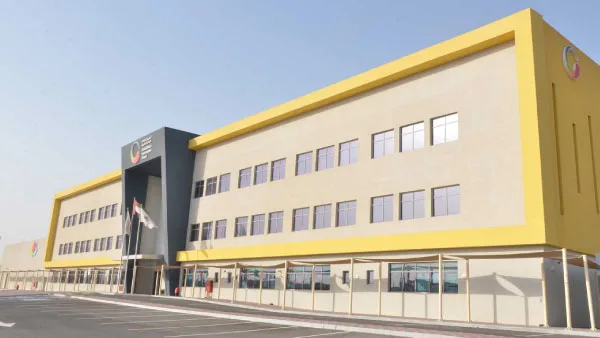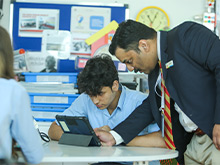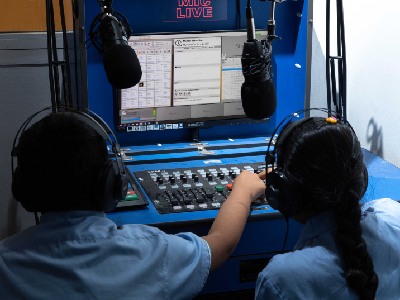Student life is a time when one is constantly chasing deadlines relating to homework, assignments, sports activities and one’s social commitments. Then there is the pressure of preparing for one’s tests and appearing for examinations.It is, therefore, imperative that they receive the right kind of time management tips. Indian high school in Dubai and the best international schools in Dubai are known to provide some excellent time management tips for students.
What is Time Management?
Time management is all about organising and planning how much time to allocate to various activities that a student has to undertake in a manner that enhances efficiency and productivity. It involves the students setting goals or targets with regards to the tasks to be performed by them. It also requires them to prioritise these and draw out a schedule for their completion. Effective time management skills can empower students to accomplish more and obtain the best possible outcomes for their various academic and extracurricular endeavours.
Why is Time Management Important for Students?
Time management skills are important because students have to juggle between their various academic subjects, extracurricular activities and social obligations. Considering that their future depends upon how they learn, grow and develop in their formative years it is important that they be given tips on how to find the time to be able to provide the right kind of focus to the various activities performed by them. This is where the time management tips provided by Indian high schools in Dubai and the best international schools in Dubai are so useful.
Time Management Tips and Strategies for every student of every age
Set Goals
Time management makes sense only in the context of achieving goals, regardless of what grade a student is studying in. They need to be aware of the tasks that need to be accomplished for them to move successfully to the next stage in their academic journey. It is only after they have a clear idea of the objectives to be achieved that they can start prioritising tasks like study time for various subjects, preparing for examinations, participating in extracurricular activities and so on.
Make Note of Deadlines
Time management makes sense in the context of deadlines set for the various tasks to be achieved. Students need to set deadlines for things like adequate study time that will help them prepare well for the examinations, the time to be allotted for each of their various subjects, as well as how much time they can set aside every day for non academic activities like sports, theatre and so on.
The students can create practical deadlines centred around their deadlines to obtain optimal results for all their various activities.
Start with Small Tasks / Break Up Large Tasks
Students have a lot on their plate and things can become too complicated for them to manage if they don’t break up their large tasks into smaller, more manageable ones. Doing that allows one to five and perform more efficiently, and as each task gets completed the overall picture becomes clearer and one eventually gets to the stage where all the tasks get accomplished.
Create a Schedule
Creating a schedule for all of the many tasks a student has to perform is the best way to implement a workable time management strategy. If they know exactly when to begin and why when to complete a task, the students would be well on their way to accomplishing all of them successfully.
Use breaks wisely
It is important for students to take breaks, as it allows them to recharge batteries, reduce stress and enhance productivity. That being stated, they need to use these breaks wisely to get the most out of them. When taken at the right time and for the right duration, breaks can help recharge, refresh and rejuvenate the brain. That will help maximise productivity and lead to better performance.
The thing about breaks is that these should be used to rest and recharge and not be frittered away on things like scrolling social media that only ends up tiring a person. Taking breaks is meant to destress and thereby enhance one’s mental health and the last thing one should do is to spend them on doing something that causes stress.
Leverage technology
Students these days can leverage technology in the shape of tools like digital calendars to keep track of their schedules. This can easily allow them to know the precise timelines for their classes, meetings, assignments and other important aspects of their academic life.They can also use productivity apps and online resources like study guides, e-books and lecture video to better utilise their study time.They can collaborate with their peers in Google Docs and Slack or organise their assignments on Slack and Trello.
Only Do One Thing at a Time
For all the supposed benefits of multi-tasking, the best and fastest way of accomplishing a lot is to focus on one thing at a time and do it extremely well. Students will find that this is a much faster and more efficient way of completing many tasks, instead of taking on too much simultaneously and making a mess of things.
Plan Ahead by Creating a To-Do List
The simplest and best way for students to manage time is to create a to-do kist that clearly spells out the tasks that they have to accomplish. This will allow them to draw out timelines for completing the tasks.
Tackle Small Tasks to Start
Students have to deal with a lot in terms of their curricula with some subjects seemingly being very intimidating. Rather than get stuck on complex tasks that consume a lot of time, it makes sense for students to knock down the small tasks first as that will leave enough time to take on the more complex ones.
Establish Routines
You may have the best time management strategy in place, but unless you make it part of your daily routine, you will not be able to implement it. This is something that students need to understand very well.
What are the Benefits of Good Time Management?
TThe benefits of good time management pertain to its allowing students to be able to perform a range of tasks including studying, extracurricular activities and maintaining social relationships in the best possible manner without feeling stressed. It allows them to prioritise tasks and apportion each one just the right kind of time, so as to manage everything optimally.
Don’t Miss Out: Which is the best school in Dubai for CBSE?
Conclusion
Getting to implement time management during their students’ days not only allows school going children to prioritise their activities and learn to find the time to devote each one of them in the optimal manner, but get a lesson about life itself. The best plans in the world can go for a toss if you don’t know how to prioritise the different tasks you need to perform as a student and allot the time necessary to accomplish them successfully without causing too much stress to yourself. Time management is the success mantra of life.
Frequently Asked Questions
How Can Students Improve Their Time Management Skills?
Students can improve their time management skills by prioritising their tasks in order of importance and urgency and allocating time for them accordingly. They also need to break up large tasks into doable smaller units. That apart, they need to follow a schedule and a to-do list.
What is The Best Way To Study Time Management?
The best way to study with time management is to prioritise the various tasks, set deadlines for them and prepare a schedule accordingly.
How Can I Improve My Time Skills?
One can improve one’s time skills by prioritising one’s tasks, apportioning the right amount of time accordingly, dividing complex tasks into simpler ones and finally drawing up a schedule and creating a things to do list.
Which Time is Best For Study?
That depends upon one’s personal attributes. Some people like to get up early and study, and others like to sit till late in the night. One also has to factor in the fact that you have to find time for activities other than studies. What is important is that one should plan one’s schedule according to what works best for one and never forget to take adequate rest.
What Are Good Study Habits?
Good study habits are all about setting goals for oneself, creating a rational study schedule that helps one achieve that. Adequate care should be taken to take time out for rest and recreation to recharge oneself mentally physically. One should also not get distracted by friends or online entertainment. The focus should be on finding the time to not only prepare oneself well for one’s examination, while ensuring that one stays physically and mentally healthy.
